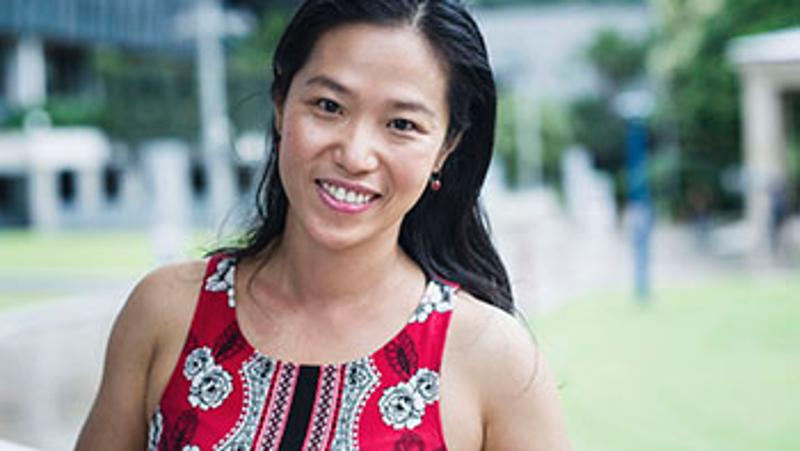
Money, not grades, could be one of the biggest challenges facing students starting their university studies this semester, according to QUT research.
 A national survey of first-year uni students by QUT researchers released late last year found many lacked the financial literacy to manage car loans, repay credit cards and navigate mobile phone deals.
A national survey of first-year uni students by QUT researchers released late last year found many lacked the financial literacy to manage car loans, repay credit cards and navigate mobile phone deals.
QUT's student services are now tackling the issue by introducing free workshops and talks on financial literacy during semester one.
“A lack of financial literacy can become a real problem during young people’s university education, particularly when you’re on a tight budget,” QUT Equity’s Gabrielle O’Brien said.
“Managing limited budgets, understanding HECS-HELP, negotiating scholarships and Centrelink payments, and balancing loans and credit cards can all be quite difficult for many students.
“It’s a challenge that doesn’t get any easier after university – there are mortgages, superannuation and taxation still to come.
“Understanding a range of financial topics should be one of the key skills student have for their professional and personal life beyond university.”
To help, QUT Counselling Services and International Student Services will run free Making your money work workshops in March at three campuses – Kelvin Grove (March 17, 1pm-2pm, N418), Gardens Point (March 22, 1pm-2pm, X306) and Caboolture (March 23, 12noon-1pm, J204).
Finance guru Noel Whittaker is also on board and will kick off the workshops by visiting Gardens Point on Monday, March 14, to give a free talk, Making money made simple. (Register here.)
QUT also offers welfare support services for students in financial need, including equity scholarships, emergency bursaries and loans.
A recent study by QUT Business School researchers Dr Chrisann Palm (pictured) and Dr Laura de Zwaan found new university students were the first to admit they weren’t great with money – and wished they’d been given a better foundation while still at high school.
Dr Palm said QUT was one of the first universities in Australia to initiate a concerted effort to raise awareness and improve students’ financial literacy.
“Our survey found less than 15 per cent of first-year university students thought high school had taught them the financial knowledge that would prepare them for adult life,” she said.
“A large proportion of respondents could not answer basic questions about inflation, budgeting and credit card interest.
“A community approach is needed that involves financial counsellors, university administrators, student unions and academics who can offer practical advice and engaging ways to learn about basic budgeting and saving, and how to manage and invest money.”
QUT financial planning lecturer Dr de Zwaan said that good advice did not, unfortunately, always start at home.
“Many parents aren’t always able to provide training as they lack financial literacy themselves,” she said.
“Embedding financial literacy as a life skill in schools’ curriculum is a way to expose students to necessary skills needed as late teens and adults.”
Until this happens, universities like QUT can step in and provide help and advice for students as they make the transition from school to university.
Dr Palm and Dr de Zwaan have these five practical tips for uni students:
1. Set a realistic budget and stick to it, even just for a semester. Try to curb impulsive spending.
2. Pack own lunch for uni as much as possible, even just for 1-2 days a week (this can easily save about $10-$15 per day).
3. Rather than paying cash or EFTPOS by savings account, make purchases using credit card (if you have one). This way, the cash in your bank account can keep earning interest income and you can accumulate reward points which you can redeem for things such as gift cards.
4. But if you do this (3 above), you must make sure you always pay the credit card monthly balance in full by the due date. That way, you are basically using the credit card for free.
5. Start thinking about creating wealth early on. That means, instead of working hard to earn money, let money work hard for you. This could take the form of an automatic savings plan. Putting away even a small amount each week into a high interest account will help your savings grow.
Media contact: Mechelle McMahon, QUT media officer, 07 3138 1150
QUT
CRICOS No.: 00213J




